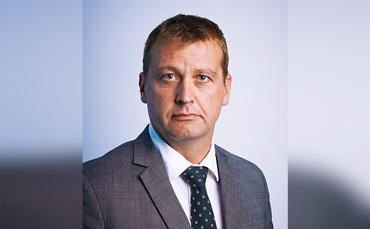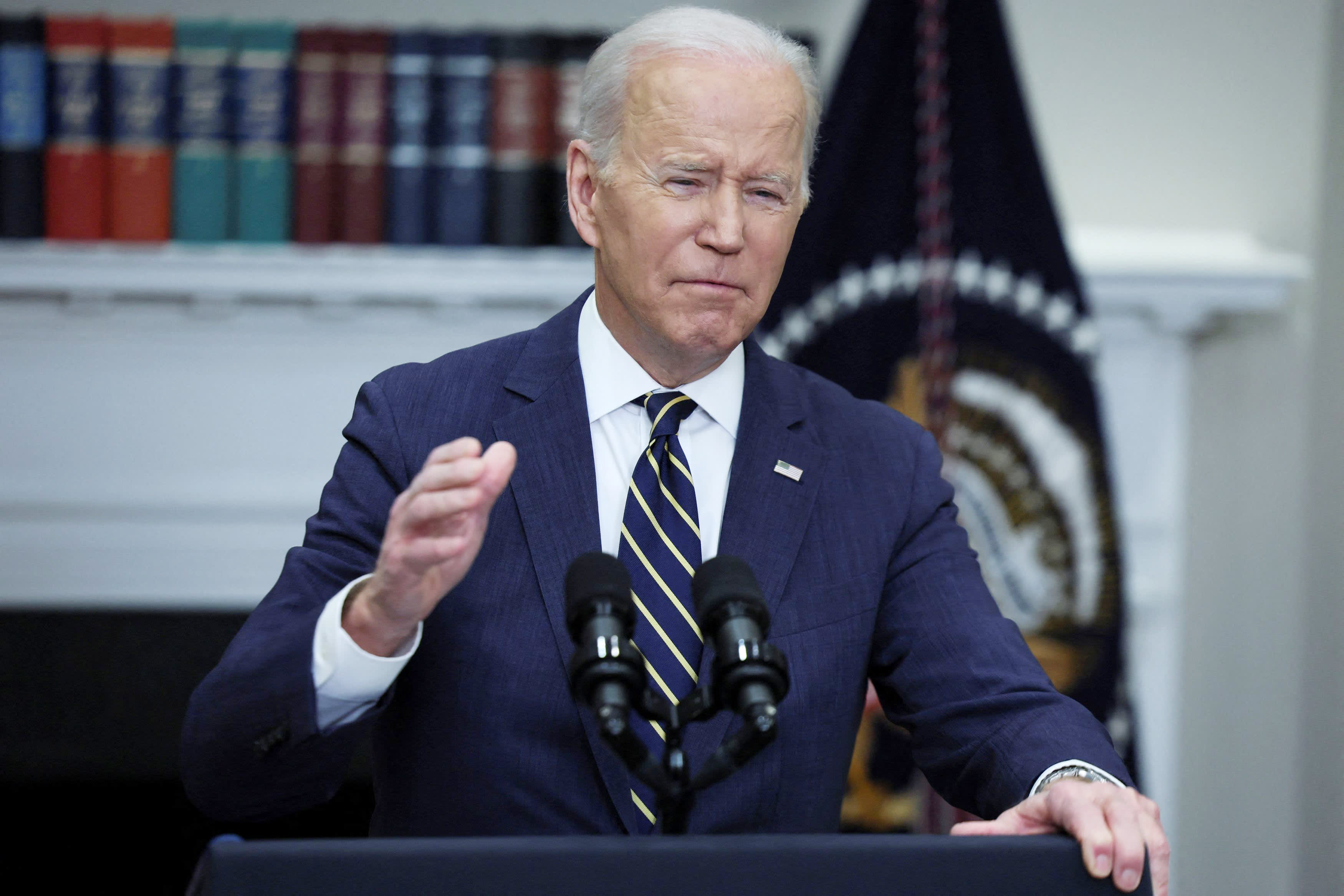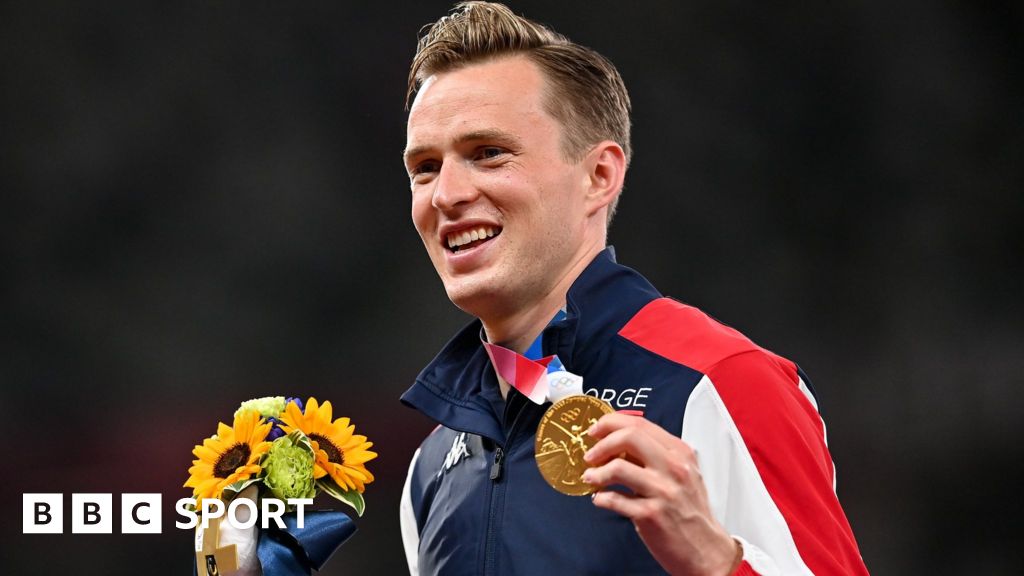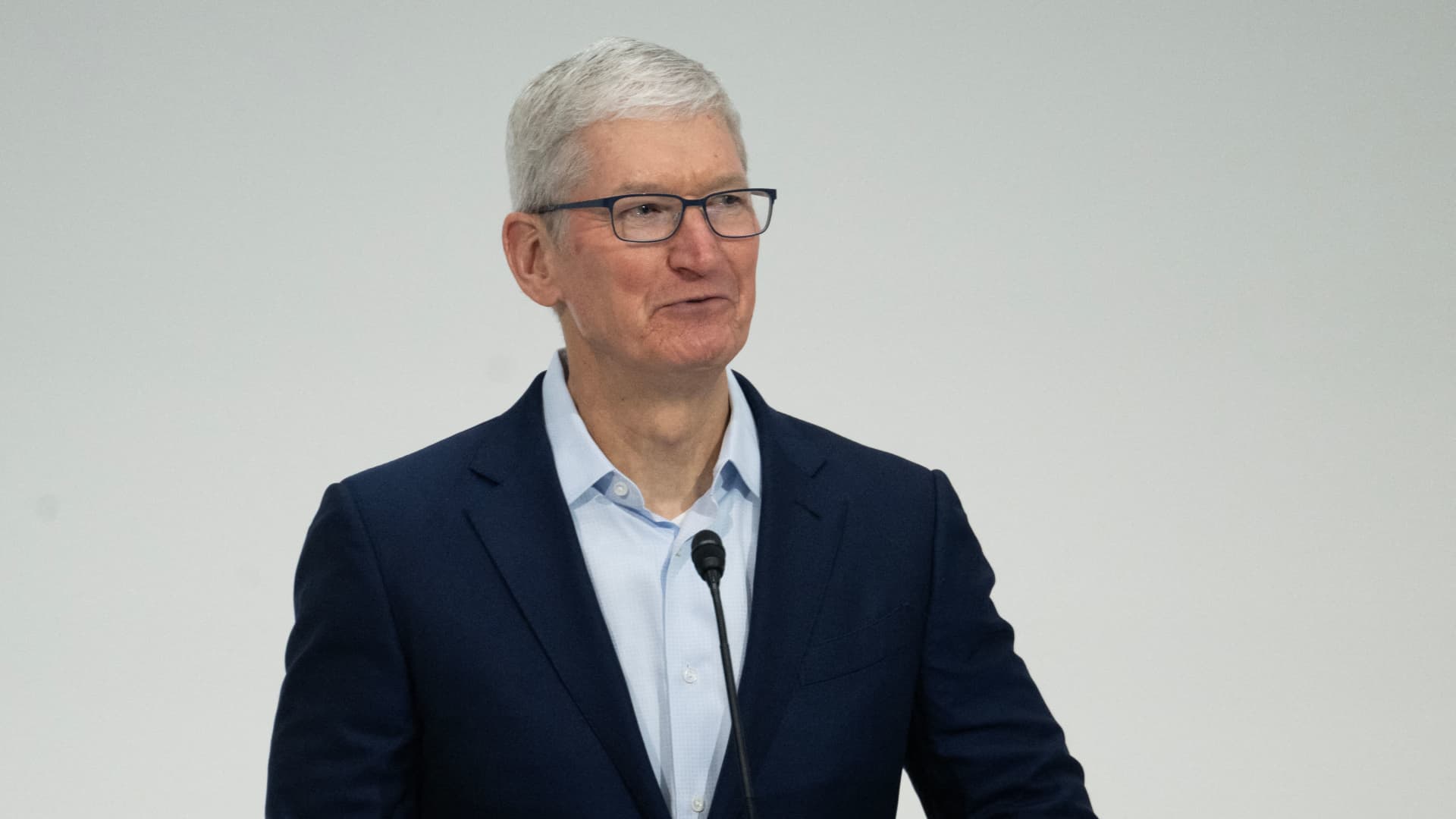-
Taylor Swift Likes Shady Post About Joe Alwyn, Sings About His Depression

Taylor Swift reveled in an internet meme ripping into her ex, Joe…
-
The 2024 Chicago Palestine Film Festival Highlights | Festivals & Awards

Barghouti’s family, longing for him, speak as though he will find release.…
-
American Idol Alum Mandisa Dead at 47

American Idol alum Mandisa died on Thursday, April 18, at the age…
-
‘Heartbreak High’ EP Reveals What’s Next for Your Fave Couples After Shocking Finale

Heartbreak High really proved its moniker with Season 2, which dropped on…
-
Veeze Channels Detroit With StockX Sneaker Collection

Throughout history, the city of Detroit has acted as a breeding ground…
-
This Is What Your Steamiest Sex Dreams Mean

Sex dreams tend to follow common themes—from hooking up with an ex…
- Apr- 2024 -19 April
Maple Leafs vs. Bruins 2024 Playoff Series Preview – The Hockey Writers Toronto Maple Leafs Latest News, Analysis & More
The Toronto Maple Leafs’ first-round series is set. They will take on one of their…
Read More » - 19 April
Corner Picks, best soccer bets, predictions, odds: Barcelona and Real Madrid battle in El Clasico, and more
This has to be one of the oddest seasons in the history of Germany’s Bundesliga.…
Read More » - 19 April
The Rock Reacts To Clip Of Him Inviting Child And His Brother On Stage
The Rock isn’t all bad, despite being the Final Boss. During a Q&A at WWE…
Read More » - 19 April
EFL: FA Cup replay decision was agreed solely by FA and Premier League
The EFL says the decision to scrap FA Cup replays from next season was “solely”…
Read More » - 19 April
Trae Young: ‘I’m just a guy that’s trying to get everybody involved and win the game’
Brad Rowland: Trae Young: “People may think that I have to feel like I’m the…
Read More »








































